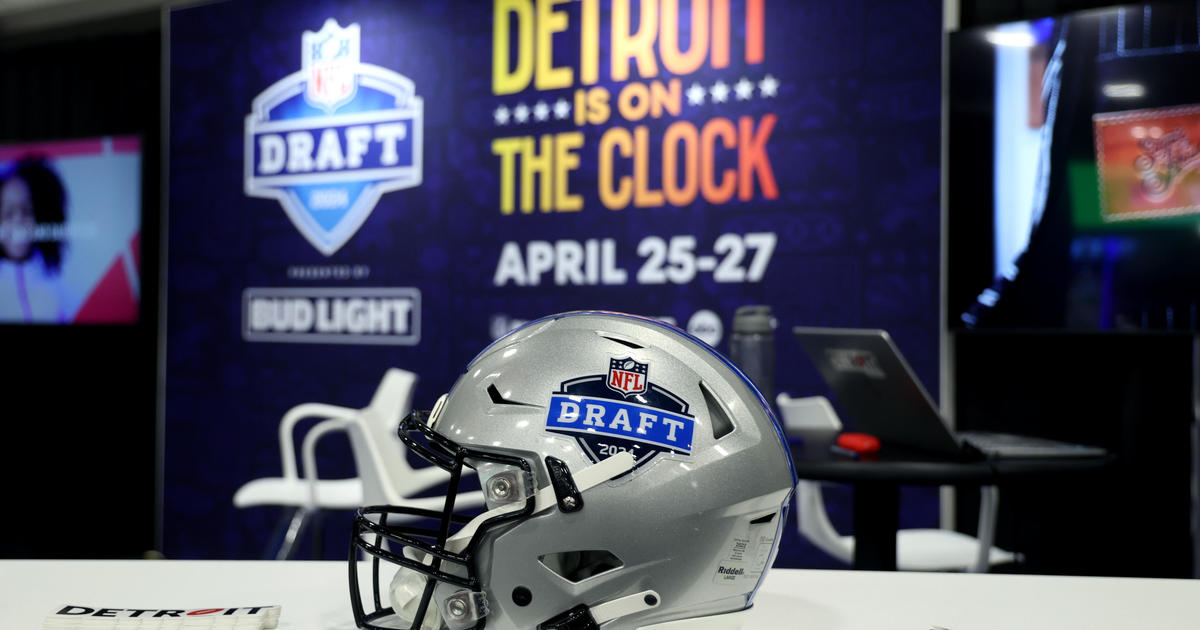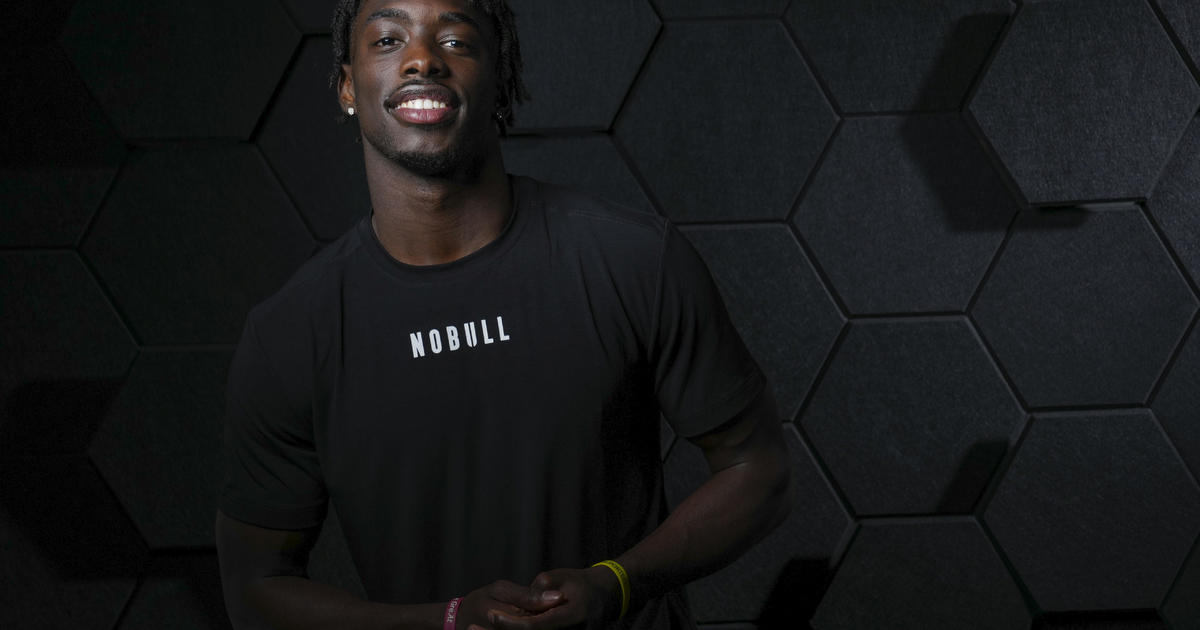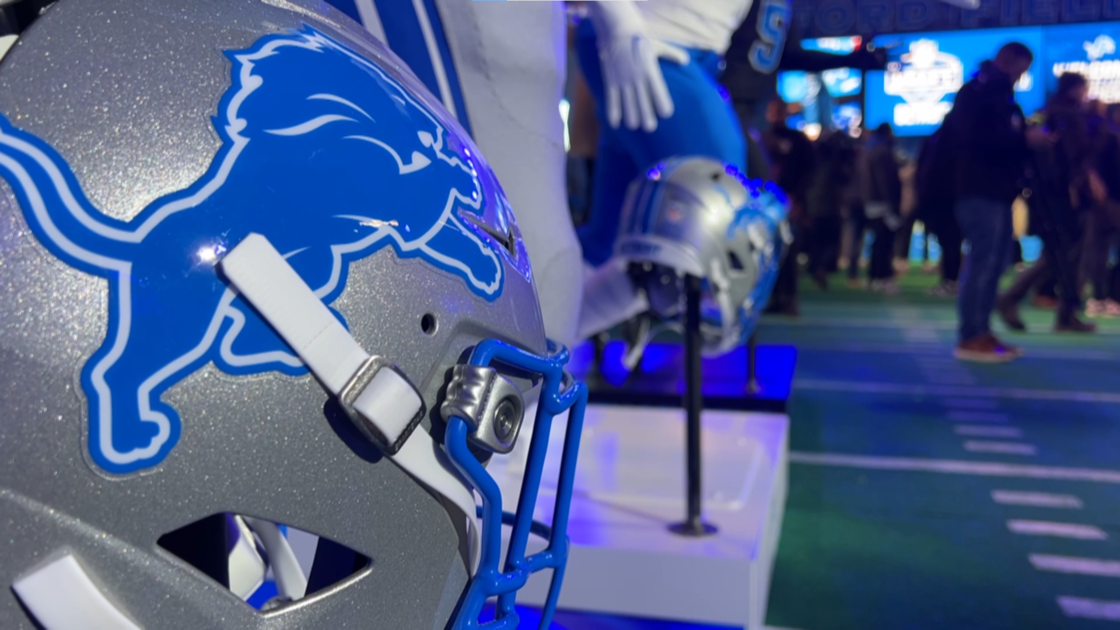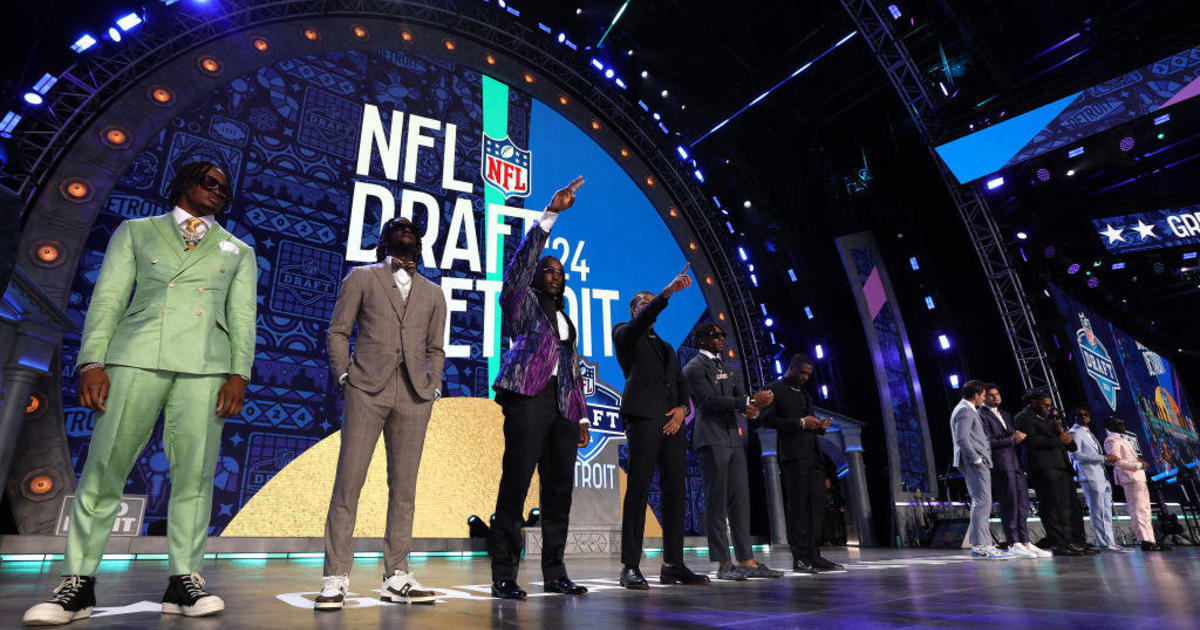Gunther Cunningham Confident In Secondary, Carson Palmer's Criticism Aside
By Ashley Dunkak
@AshleyDunkak
The pass interference penalty on third down, a fourth-quarter gift that set up the game-winning score for the Arizona Cardinals, hurt Bill Bentley.
The second-year Detroit Lions cornerback earned a starting spot in 2012 but missed most of the games with injury, and after making his way back this season, Bentley looked crushed after helping cost the Lions the game in Arizona, said defensive coordinator Gunther Cunningham.
Despite the gravity of Bentley's mistake, Cunningham's confidence in him remains, and so does Bentley's confidence in himself.
"He's pretty level-headed that way," Cunningham said. "He's really mentally tough, and I think a lot of it has to do with his background. He came from nothing, and he has a goal in mind about how he plays, and I think he was pretty distraught after the game, but he made some really good plays in the game as well."
Cunningham seemed more pleased than perturbed with Bentley and his other defensive backs, including rookie Darius Slay, who often has been replaced in high-pressure situations with veteran Rashean Mathis, despite the criticism of the secondary that Cardinals quarterback Carson Palmer lobbed.
Palmer said the Detroit defensive backs get penalties like Bentley did because their technique is incorrect, and he said the Cardinals planned for that, knowing they could quite possibly draw a pass interference call.
"Those DBs play the receiver, they don't play the ball, and when we have opportunities and they're staring at the receiver, they're going to face-guard," Palmer said. "[Receiver Andre Roberts] did a great job setting that up."
Asked how he can get players to play the ball instead of the receiver, Cunningham – a 44-year coaching veteran – laughs, and there is a measure of scorn in the sound.
"That's a great line by those guys," Cunninham said. "Last I checked, when you play man to man, you play through the man. If you see the ball, you're going to get beat.
"Their point was, we're looking at the man, not the ball," Cunninham continued. "Well, whoever said that is not very bright. To me, that's how you play man to man. You strip the ball the ball, you work through the keys – sometimes their eyes, sometimes their hands, they extend, that's how you play it. If somebody can show me something different, I'd like to see it."
Mathis, in his 11th year as a defensive back, seconded Cunningham's criticism of Palmer's criticism.
"They won the ball game, so they can make statements like that," Mathis said. "I tend to keep my mouth shut with stuff like that, but if they didn't win the game, nothing would have been said. Statements are made, and when you're in position to make statements, kudos to you."
Mathis also broke down what defensive backs have to pick up on while pursuing a receiver before they turn their head to see the ball coming in.
"If you see a guy's outside shoulder turned to you, that means the ball is short, so us as athletic DBs, we have to kind of compose ourselves, and then we can kind of look back," Mathis said. "If you can't see any numbers, that means the ball is short, and we have to be able to manage that. If you don't see anything, he's staying straight ahead, that means the ball is long. If you see just one piece of his shoulder moves, that means if you're in a good position that he's catching the ball at certain angles.
"There's certain stuff you learn, and it's the little technique issues that you really don't practice every day," Mathis added.
Defensive backs pay special attention to a receiver's head and shoulders, but they really have to see it all - where the receiver's hands are, whether his eyes are getting wide - and react quickly and correctly. The margin for error is slim, and the players have to trust their gut.
"A lot of stuff is instincts," Mathis said. "We don't know where the ball is at times. We don't know where the receiver is going. So it's a lot of reaction things that we have to adjust to, and the good DBs react for a long time and they stay in the game for a long time. That's what separates the good from the average. So it's just reaction. We have to learn how to react."
With young guys in Bentley and Slay and seasoned veterans in Mathis and Chris Houston - plus a couple more prominent veterans in safeties Glover Quin and Louis Delmas - Cunningham believes the secondary is in a much better position this season than last one.
"We've got a better group of people out there," Cunningham said. "We're playing the scheme a lot better than we did the last couple of years, and I think having players available to play helps."



